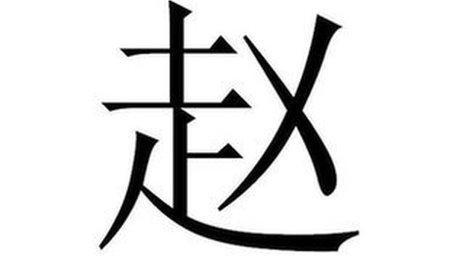The words that ruled the Chinese internet in 2016
- Published
Chinese netizens are known for coming up with quirky and creative terms for people and things making the news... and they spread like wildfire.
From "skinny blue mushrooms" to "melon-eating masses", the BBC's Tessa Wong takes a look at what has captured their imaginations this year.
'Sichuan Trump'
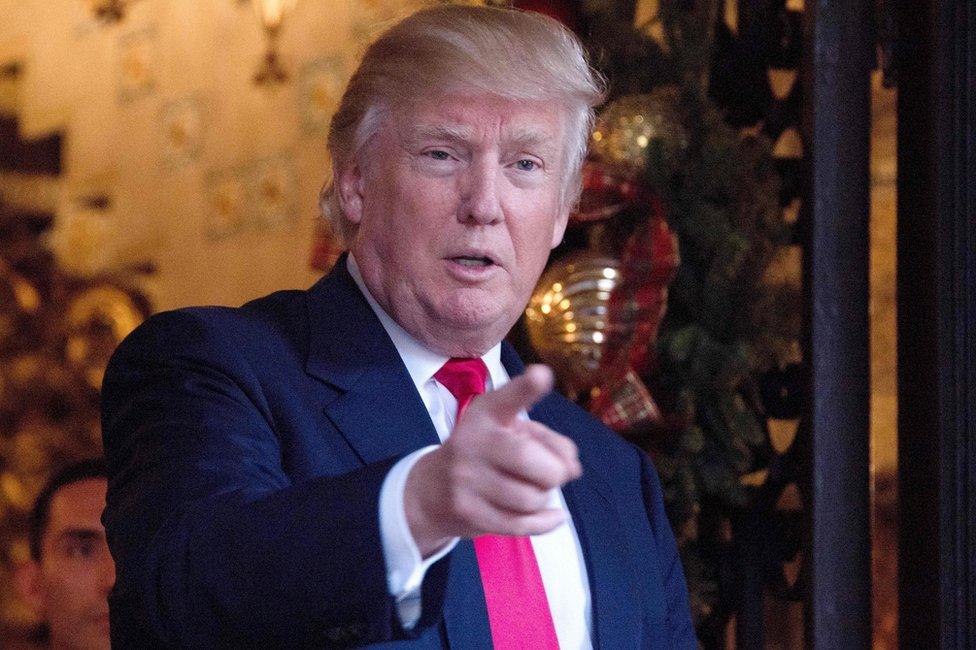
One conspiracy theory in China is that Mr Trump was actually born in Sichuan
Last year, US President-elect Donald Trump was known as "bed-breaker" - a Chinese homonym for his name.
This year, he's "chuanpu", one of two spellings of his name commonly used by mainstream media outlets.
Some have joked about his connection to Sichuan, whose name shares the same Chinese character. But the weirdest riff of all happened when some speculated that he was actually from the southwest province best known for its pandas and spicy food.
The conspiracy theory, spread on social networks Weibo and WeChat, is that Trump was born in 1946 in Sichuan when his father set up a business in China after World War Two.
It's nonsense of course, but that hasn't stopped some locals from claiming him as "the pride of Sichuan" - despite his recent verbal attacks against China.
'Prehistoric powers'

Fu is known for her animated facial expressions
National swimmer Fu Yuanhui not only won a bronze medal at the Rio Olympic Games, but also scored a win with viewers in China in a now-iconic TV interview.
When told she had qualified for the final, Fu pulled a comically exaggerated face and declared: "I have used all my prehistoric powers to swim!"
'Prehistoric powers', or "honghuangzhili", was swiftly adopted as a term for an unstoppable force, while Fu became an internet darling.

You might like also:

'Meteorological disaster'
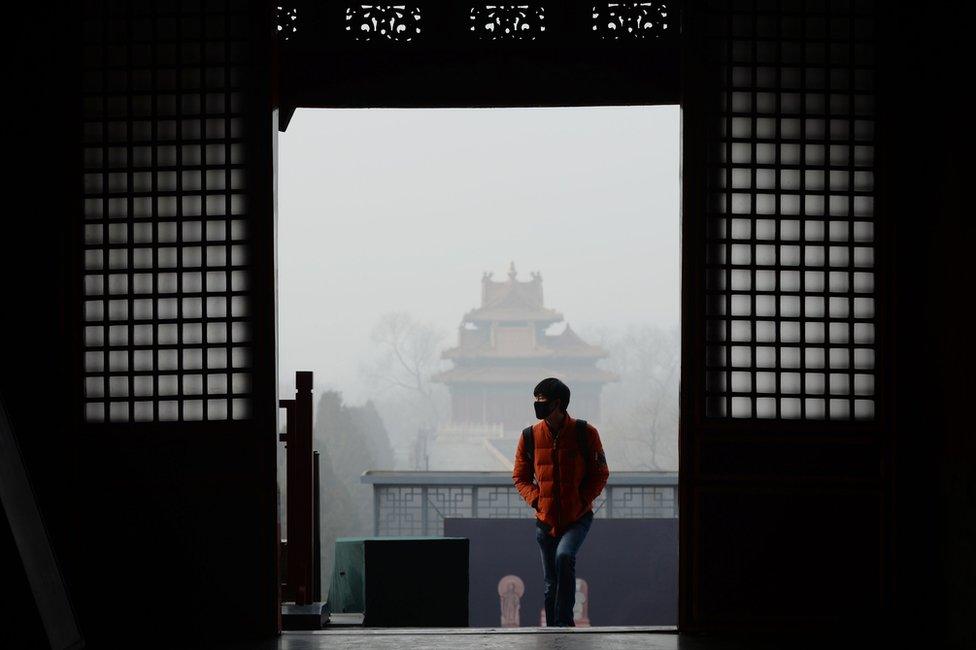
Beijing only lifted its red alert on smog on Friday, after five days
As several Chinese cities choke in the annual winter smog, the Beijing authorities have come up with one novel way to address the problem - by calling it something else.
Earlier this month, municipal lawmakers said they were considering classifying smog as a meteorological disaster or "tianzai", arguing that the smog was caused not only by pollution but also weather conditions.
The move drew mockery online from fed-up citizens with even state media publishing rare criticism. People's Daily quoted one professor saying that the plan "not only goes against science, it will also create an excuse for polluters to escape their culpability."
The smog has also spawned other terms - such as "Smog Solstice", cropped up in a reference to the winter solstice.
'Skinny blue mushroom'
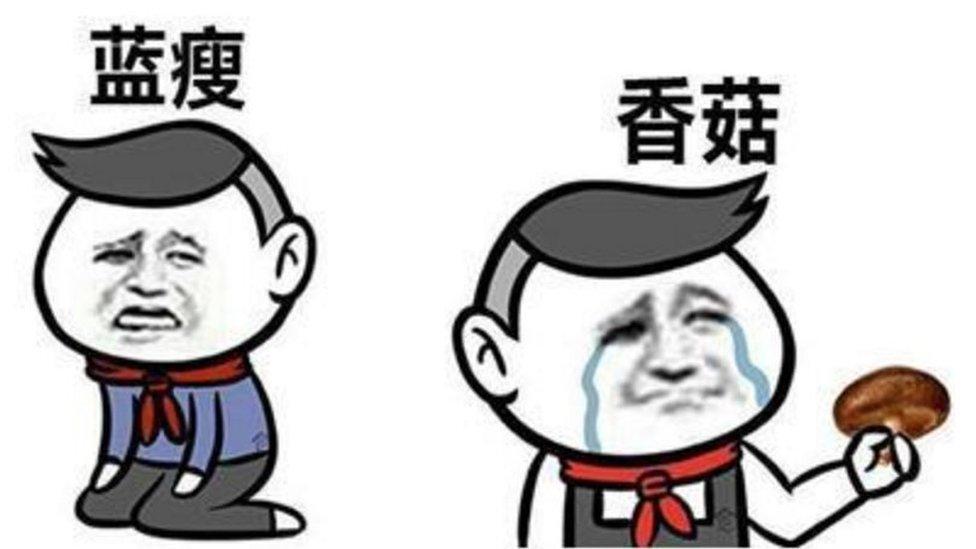
One man's misfortune in love turned out to be a goldmine for netizens, when a man from Guangxi province uploaded a video of himself talking about his loneliness while his girlfriend was away.
Unbearable, I want to cry," he moaned - but thanks to his heavy accent, it ended up sounding more like "skinny blue mushroom".
"Lanshouxianggu" was swiftly shared more widely and took off as a meme, mostly as a way to mock the southern Guangxi accent.
But it was the forlorn lover who got the last laugh - identified as scooter salesman Wei Yong, he has since become a celebrity in China's lucrative online live-streaming industry.
'Melon-eating masses'

A term whose closest equivalent is possibly "popcorn gallery", its fullest expression is "the melon-eating masses who don't know what's really going on".
Its origin is unclear, but netizens often use this - sometimes derogatorily - to describe a passive group of bystanders at a major incident or event.
'Zhao'
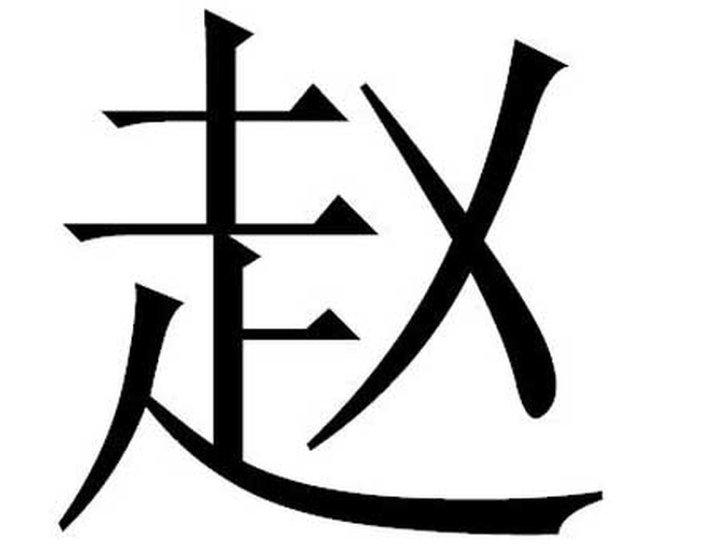
The character "Zhao" is being used online to criticise the powerful
Netizens are eternally playing cat-and-mouse with China's internet censors, and one of their latest tactics is the use of the word "zhao".
It's most commonly used to criticise the rich and powerful - as one of China's most common surnames, it's difficult to censor all posts with that word.
It's all part of a rich Chinese tradition of using oblique accusations to express opinions when it would otherwise be impossible - and dangerous - to directly criticise those in authority.
'Setting a small target'
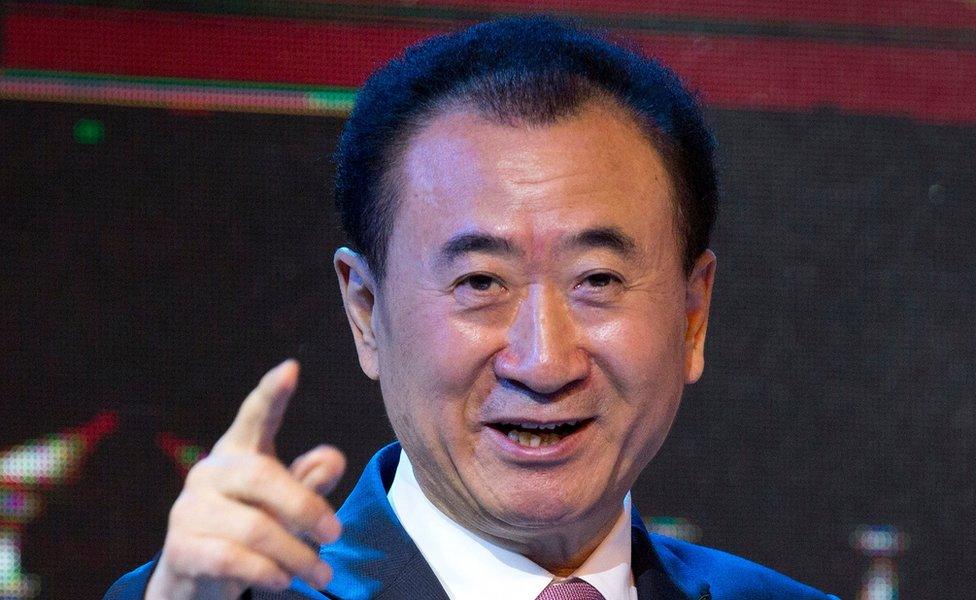
Mr Wang is the chairman of conglomerate Wanda Group
China's wealthiest man, Wang Jianlin, was met with the hollow laughter of cynical netizens earlier this year when he dished out advice on how to get rich.
"First set yourself a small target, for example, I first targeted to earn 100 million yuan!" he said in a television interview in August.
What followed was an avalanche of sarcasm online as people pointed out the impossibility of earning the equivalent of $14.3m in their entire lifetimes, let alone as a first step. The term has since been used sarcastically to refer to an impossible goal.
"Let me lose weight first - my target will be 30kg," wrote one netizen using the hashtag, while others have suggested getting married to celebrity heartthrobs.
Of course, major news themes also dominated the Chinese internet with words like Hong Kong's "localism", Taiwanese leader "Tsai Ing-wen", and "US election" trending this year.
More sensitive terms included "Uncle Toad", a reference to former President Jiang Zemin, and "Kim The Fat" as a nickname for North Korea's Kim Jong-un - although Chinese authorities, predictably, clamped down.
With contributions from the BBC's Kerry Allen and Jinsong Chen
- Published10 August 2016

- Published19 August 2016
- Published16 November 2016
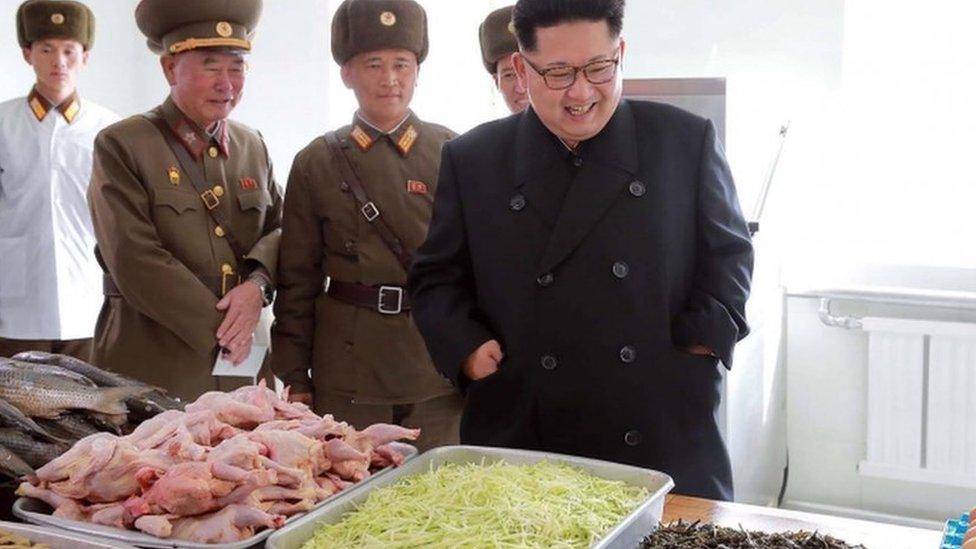
- Published5 January 2016
